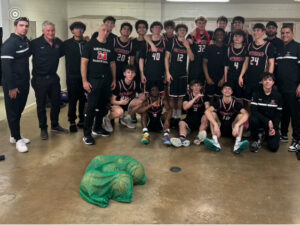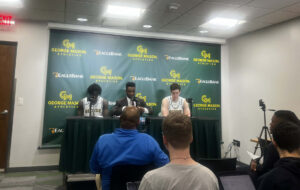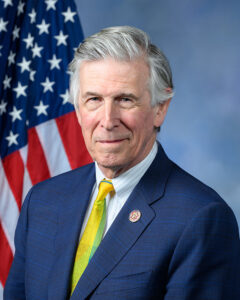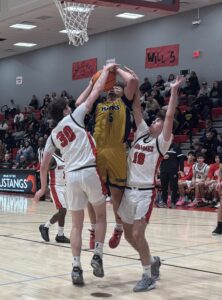I was raised with no connection, as a child, to organized religion, and came to a faith perspective as an adult, leading to four years of a post-graduate education at a West Coast Protestant seminary majoring in New Testament theology. Yet my informed and oft-expressed antipathy for religious fundamentalism remains mild compared to how some of America’s leading Founding Fathers felt.
I have been friends over the years with many folk far more religiously conservative than I, from a range of traditions. But I found that virtually all of them were able to accommodate the benefits of modern science and the exercise of reason, justice and fair play into their thinking, even when they seemed at odds with formal tenants of their faith.
An exception was my grandfather’s family on my mother’s side. They were French-born Christian Scientists, and as true believers they rigorously practiced what they felt was the power of their faith for healing to the point of eschewing the medical profession, entirely.
A dear aunt traveled with her sisters and their families around Europe one summer with horribly swollen legs, but stubbornly refused any medical attention. No one else in my family bought into their beliefs, but I remember how my near-deaf grandfather read religiously from Mary Baker Eddy’s books every night.
To their credit, they never tried to impose their views on me or others in our family. My grandfather was one of the most important people in my life at one stage, and I have only the fondest memories of how he was sensitive and attentive to my situation.
Maybe something of his religion rubbed off in a form of stubborn self-determination and an unwillingness to slavishly accept authority without a good reason. The appeal of some other, otherwise-seemingly irrational faiths may also have roots in such unspoken sentiments as the right to be different and to eschew other, perhaps more dominant religious traditions.
The danger, as always, lies in the ways that malicious and exploitive forces can insinuate themselves into non-rational religious forms to carry out sinister, ulterior motives.
One of the more blatant examples of how religion was used to achieve a political end came during the height of the McCarthy Era of domestic political persecution in the early 1950s. In an alleged attempt to smoke out “Godless communists,” Congress was brow-beaten into adding the words, “under God,” to the Pledge of Allegiance, even though it was a clear breach of the Constitutionally-guaranteed separation of church and state. It took until earlier this decade for a federal district court to finally rule the inclusion of those words unconstitutional, but nobody has been willing to back that up for, still to this day, solely political reasons.
In the post-McCarthy era, the rise of the “vast right wing conspiracy” in America has seen the use of exorbitant funds deployed by fabulously wealthy enemies of the concept of the inalienable rights of every human embedded in the Constitution. These include those who’ve propped up the mean-spirited ideologies of so-called “Christian reconstuctionists” like R. J. Rushdoony. Rushdoony propounded the notion that U.S. Constitutional law should be replaced by Biblical law, including such as the Book of Leviticus in the Old Testament.
Southern California real estate mogul Howard Ahmanson, Jr. became a convert to Rushdoony’s views and the created the Fieldstead Institute, which worked with groups like the Oxford Centre for Mission Studies, the International Federation of Evangelical Mission Theologians and the Ethics and Public Policy Institute to funnel huge sums into the Network for Anglican Mission and Evangelism and the Institute for Religion and Democracy, groups supporting the secession of American Episcopal congregations from the Episcopal Church, U.S.A., because of its ordination of a gay bishop, among other things.
As Washington, D.C. author James Naughton reported in a series of articles about “following the money,” Internal Revenue Service and other documents show that other well-known ultra-wealthy right-wing moguls, like the Mellon, Scaife, Bradley and Coors families, pitched into these same efforts.












